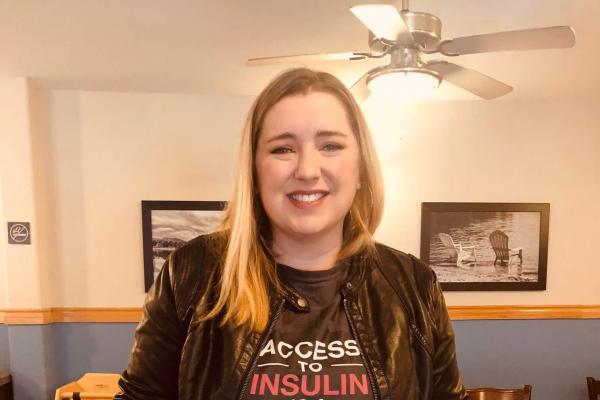Jun 10, 2019
Nystrom started calling out the pharma corporations by name, and the U.S. politicians that allow the companies free rein to charge prices that are unthinkable in other nations. “Let’s be honest: the companies and the U.S. government are allowing people to die,” she says. “I wasn’t going to sugar coat that message.”
Read the Full Article

Already a subscriber? Login
